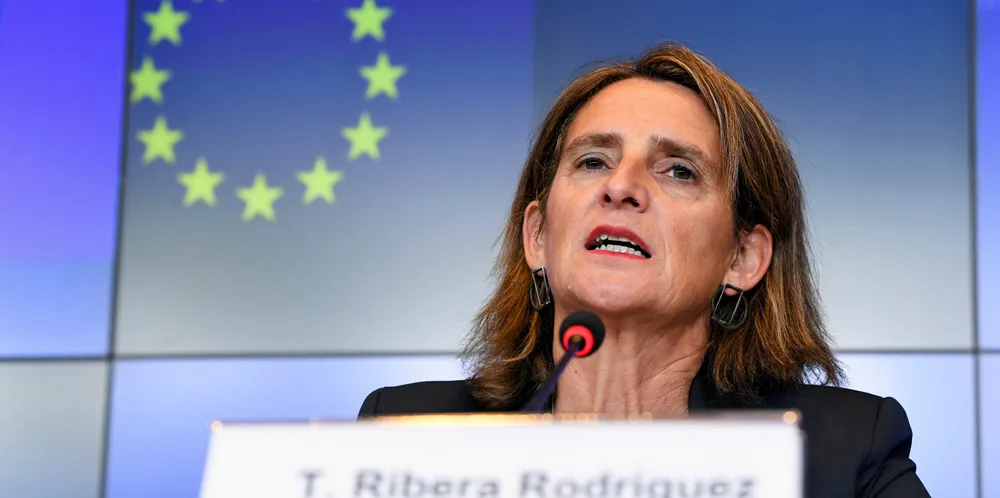EU energy ministers agree on CfDs as norm for future wind and solar support
Energy Council also gives green light for measures to boost power purchase agreements (PPAs)

EU energy ministers have reached an agreement on an amendment of the bloc’s electricity market design that includes making contracts for difference (CfDs) mandatory for future renewable energy support, as well as measures to boost power purchase agreements (PPAs).
The change aims to shield consumers from price spikes as seen during the energy crisis triggered by Russia’s invasion of Ukraine. The focus on CfDs was, however, criticised by German green groups for it inflexibility.
The proposal that still needs to be approved in the European Parliament is part of a wider reform of the EU’s electricity market which also includes a regulation focused on improving protection against market manipulation through better monitoring and transparency (REMIT).
“Thanks to this agreement, consumers across the EU will be able to benefit from much more stable prices of energy, less dependency on the price of fossil fuels, and better protection from future crises,” Spanish acting ecological transition minister Teresa Ribera said. Spain is currently holding the EU presidency.
“We will also accelerate the deployment of renewables, a cheaper and cleaner source of energy for our citizens.”
The council of energy ministers agreed that two-way CfDs would be the mandatory model used when public funding is involved in long-term contracts for investments in new power generation based on wind, solar, geothermal, or hydro power. It would also be allowed for lifetime extensions of nuclear power stations, a point that had caused friction between non-nuclear Germany and France.
Under two-sided CfDs, governments top up the market price when it is low and ask generators to pay back an amount when market prices are higher than a certain limit agreed upon in a tender. The mechanism is supposed to guarantee power producers price stability and prevent excessive windfall profits.
The rules for CfDs are slated to apply after a transition period of two or three years.
Germany's powerful renewable energies federation (BEE) said the agreement fell short of industry expectations.
"Member states must not be restricted in their freedom of action when it comes to choosing the right support instruments for renewable energies," BEE president Simone Peter said.
"That is why other, equivalent funding mechanisms must be permitted in the EU in addition to contracts for difference. "
Upcoming negotiations between member states, the European Commission and Parliament must create more diversity of support mechanisms, she demanded.
"This is the only way we can achieve market-driven renewables expansion and broad support for it.”
The BEE and other German groups also criticised that support for already existing nuclear power stations (through a detour of investments in their lifetime extension) would distort competition and impede the expansion of renewables.
It is foreseeable that CfDs, for example between French state-owned nuclear giant EDF and the French state, will lead to anti-competitive dumping prices, the BEE warned.
SolarPower Europe welcomed the favouring of CfDs, and added under the wording now approved by the ministers, project developers wouldn't be forced into a CfD applied retroactively on an existing plant.
"The final text must make it very clear that CfDs must remain voluntary, competitive, and apply only to new investments,” SolarPower Europe policy advisor Arthur Daemers demanded.
The Council also agreed that EU member states would promote the uptake of PPAs by removing barriers and disproportionate or discriminatory procedures or charges. Measures may include state-backed guarantee schemes at market prices, private guarantees, or facilities pooling demand for PPAs.
The ministers further removed the temporary nature of a rule for capacity mechanisms that countries can introduce to remunerate power plants in order to guarantee medium and long-term security of electricity supply.
SolarPower Europe was critical of that part of the agreement, arguing it would give a free pass to coal power plants.
"We hope the final text will award better signals to clean flexibility options, which need to go hand-in-hand with renewable electrification.”